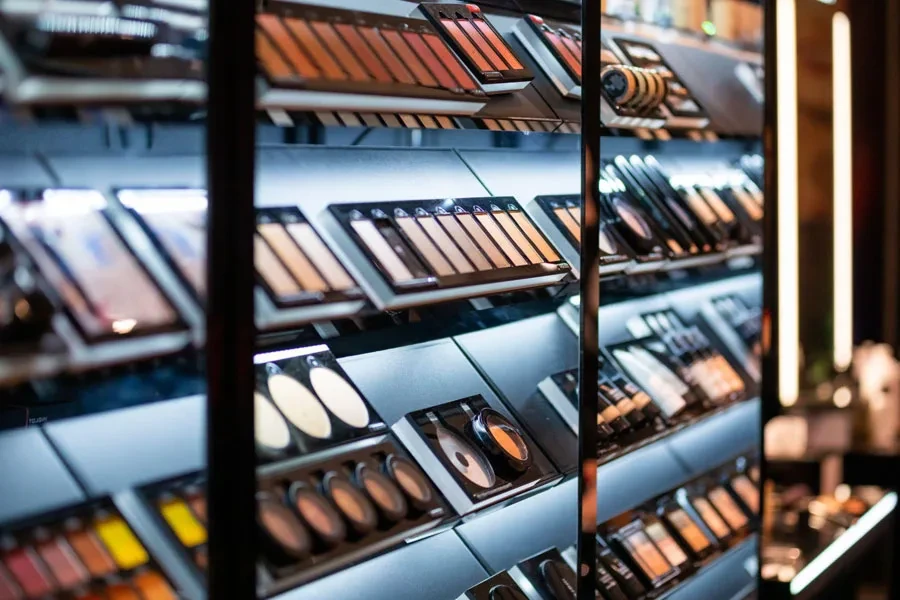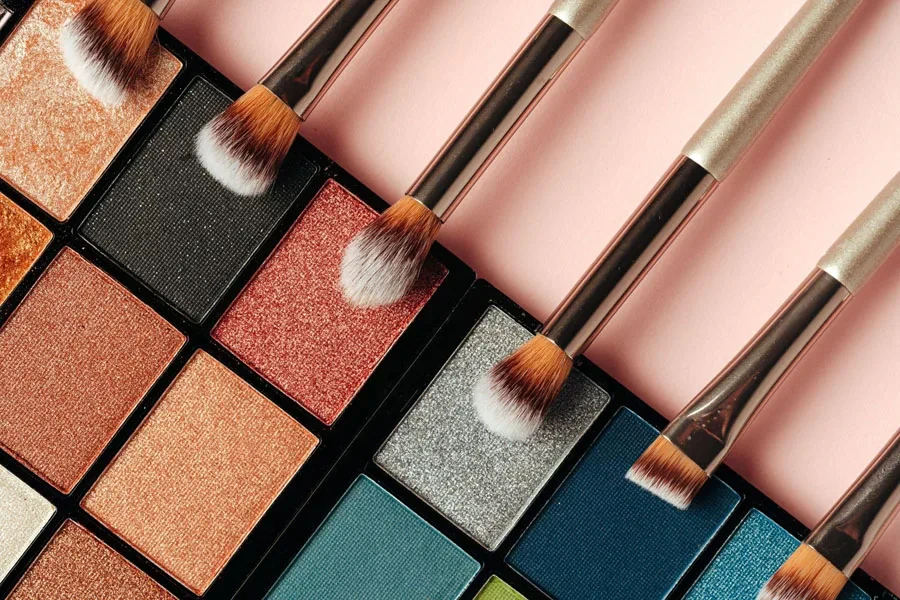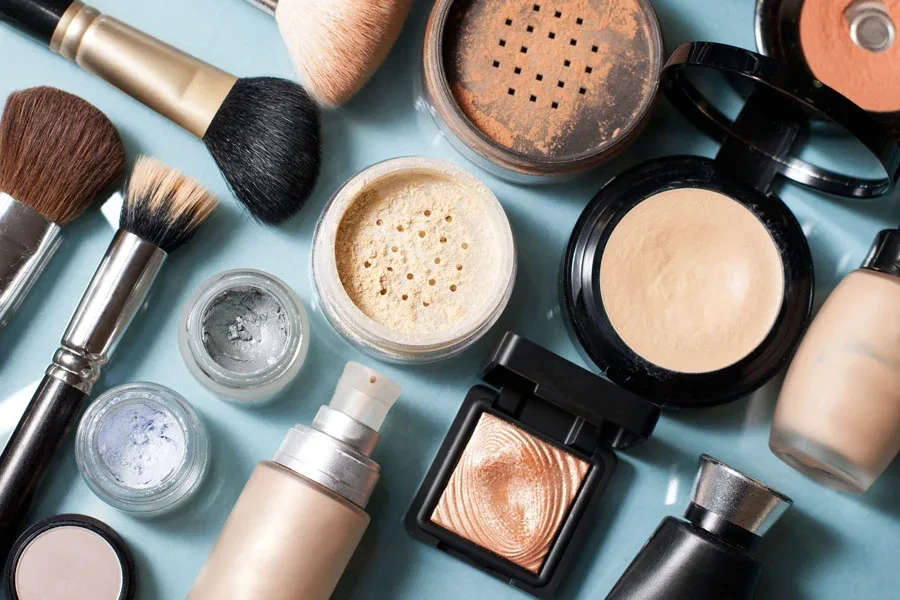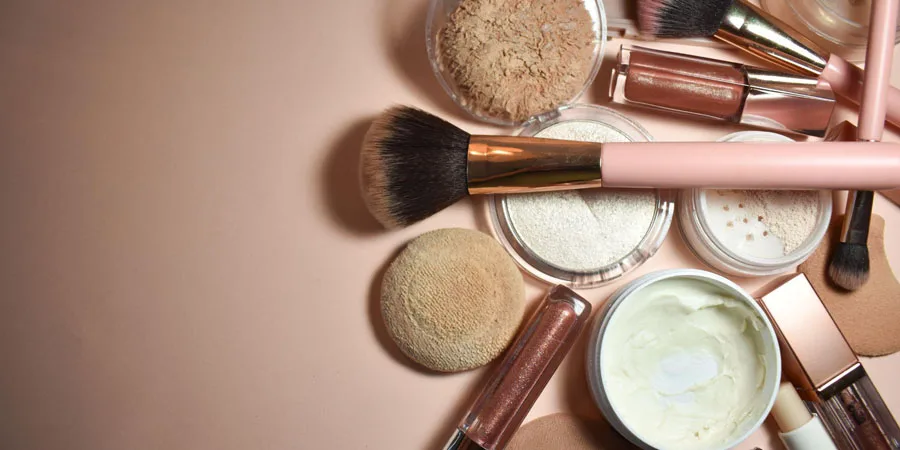The beauty industry is undergoing a transformative shift, driven by a new wave of consumer skepticism and demand for authenticity. Termed “Urgent Optimism,” this movement sees beauty consumers questioning everything, wielding positive cynicism as a tool to guide their choices. Brands are now compelled to provide full traceability and engage in difficult conversations, addressing issues such as claim-washing and the negative effects of beauty culture on mental health.
Table of Contents
The rise of positive cynicism in beauty consumerism
Unmasking the ambiguity of clean beauty
The emergence of transparency and trust in branding
Beauty activism: challenging cultural impacts and injustices
The rise of positive cynicism in beauty consumerism
Consumers are increasingly using positive cynicism as a tool to navigate the beauty industry. This skepticism pushes them to question the authenticity and intentions behind brand claims, urging companies to be more transparent and accountable.

Brands need to lean into difficult conversations, addressing issues like claim-washing and the negative effects of beauty culture, to build trust with their consumers.
Unmasking the ambiguity of clean beauty
The lack of a clear definition for “clean beauty” has led to a surge of unsubstantiated claims, causing both consumers and the industry to question its validity.

High-profile figures like Stella McCartney have criticized the overuse of the term, pointing out the trade-off between creating better products and maintaining affordability. This has sparked a debate on the need for industry-wide standards and certifications to prevent green-washing and restore consumer trust.
The emergence of transparency and trust in branding
In response to the demand for clarity, companies like Provenance and Clarins France are pioneering transparency initiatives. Provenance’s transparency directory and Clarins’ T.R.U.S.T. blockchain platform are examples of how brands are providing consumers with access to trusted information on product origin, journey, and impact.

These efforts are crucial in rebuilding trust and allowing consumers to shop according to their values.
Beauty activism: challenging cultural impacts and injustices
Beauty activism is on the rise, with individuals and brands challenging the injustices and negative effects of beauty culture on mental and physical health. Initiatives like The Unpublishable, Dove’s Reverse Selfie campaign, and Daybird’s Anti-Beauty Beauty Club are leading the charge in promoting change, encouraging self-thought, and redefining beauty standards.

These efforts highlight the industry’s shift towards a more inclusive and authentic representation of beauty.
Conclusion
The beauty industry is witnessing a paradigm shift towards “Urgent Optimism,” where transparency, authenticity, and activism are at the forefront. Brands that embrace these values and engage in meaningful conversations with their consumers will thrive in this new era of beauty consumerism.




